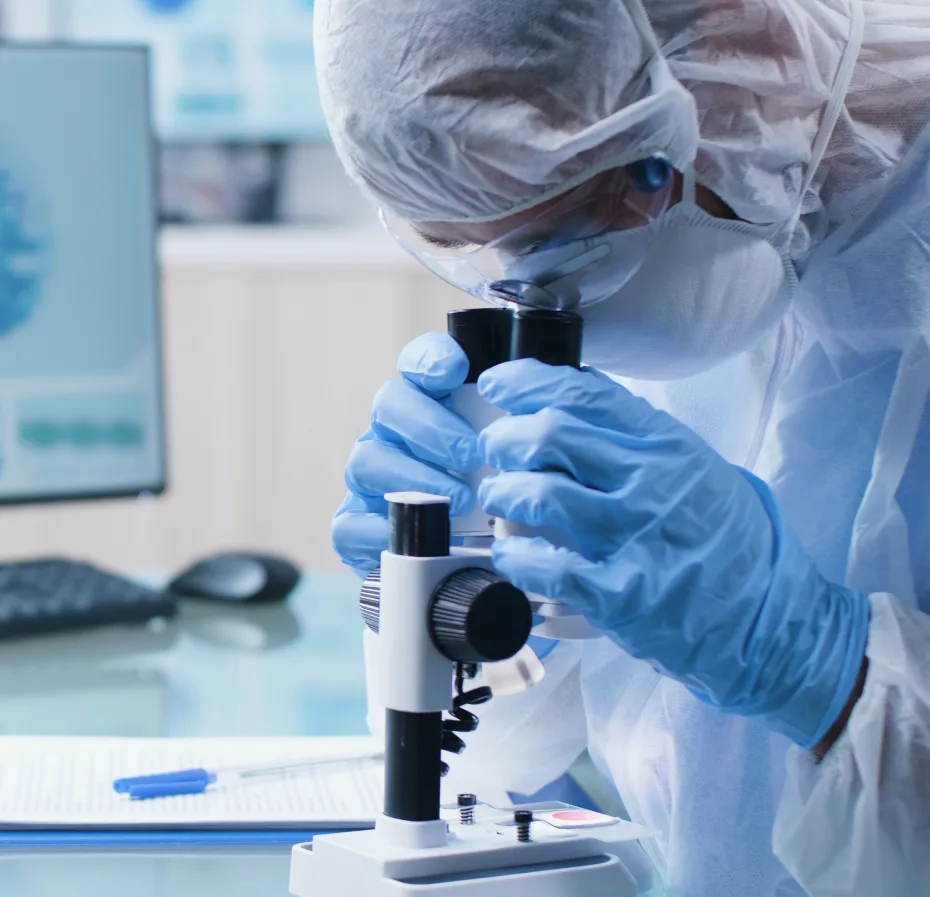What causes Genital Warts?
Genital warts are caused by infection with specific strains of the human papillomavirus (HPV), primarily types 6 and 11. HPV is a group of more than 200 related viruses, but only some types cause genital warts. These strains are different from the high-risk HPV types (such as types 16 and 18) that can lead to cervical cancer and other cancers. HPV is highly contagious and spreads through skin-to-skin contact during sexual activity. The virus infects the top layer of skin and causes the cells to grow abnormally, resulting in warts. Once infected, the virus can remain in the body and may cause warts to recur even after treatment.
How is Genital Warts transmitted?
Genital warts are transmitted through:
- Sexual Contact: Vaginal, anal, or oral sex with an infected person.
- Skin-to-Skin Contact: Close genital contact with an infected person, even if warts are not visible.
It’s important to note that HPV can be transmitted even when an infected person shows no visible symptoms.
What are the symptoms of Genital Warts?
Symptoms of genital warts can include:
- Small, flesh-colored or gray swellings in the genital area
- Multiple warts close together that take on a cauliflower-like shape
- Itching or discomfort in the genital area
- Bleeding during intercourse
Warts can appear on the penis, scrotum, groin, thighs, inside or around the anus, and on the cervix, vagina, and vulva. They may also appear in the mouth or throat after oral sex. In some cases, genital warts can be so small and flat that they are not visible to the naked eye. They may also appear weeks or months after initial exposure to the virus.
What are the complications of untreated Genital Warts?
While genital warts themselves do not cause serious health problems, they can lead to complications if left untreated:
- Increased risk of spreading HPV to sexual partners
- Emotional or psychological distress due to their appearance
- In rare cases, they can grow large or multiply, requiring more extensive treatment
- HPV types associated with genital warts do not cause cancer, but having genital warts may increase the risk of getting infected with other, potentially more harmful strains of HPV
How is Genital Warts diagnosed?
Diagnosis of genital warts typically involves:
- Visual Examination: A healthcare provider examines the genital area for visible warts.
- Pap Test: For women, a Pap test can help detect changes in the cervix caused by HPV, although it may not detect warts themselves.
- HPV Test: In some cases, an HPV test may be conducted to determine the presence of the virus.
How is Genital Warts treated?
Treatment options for genital warts include:
- Topical Medications: Prescription creams or solutions applied directly to the warts, such as imiquimod, podofilox, or sinecatechins.
- Cryotherapy: Freezing the warts with liquid nitrogen.
- Electrocautery: Burning off the warts using electrical currents.
- Surgical Removal: Physically cutting off the warts.
- Laser Treatment: Using a laser to destroy the warts.
It’s important to note that treatment can remove the warts, but it does not cure the HPV infection. The virus may remain in the body, and warts can recur.
Can Genital Warts be prevented?
Preventive measures for genital warts include:
- HPV Vaccination: Vaccines like Gardasil and Cervarix protect against the most common HPV strains that cause genital warts and cervical cancer.
- Safe Sex Practices: Using condoms can reduce the risk of HPV transmission, though they do not provide complete protection as HPV can infect areas not covered by a condom.
- Regular Screening: Routine Pap tests and HPV screenings for women to detect early changes in the cervix.
- Avoiding Sexual Contact: Refrain from sexual activity with infected individuals until warts are treated and cleared.

